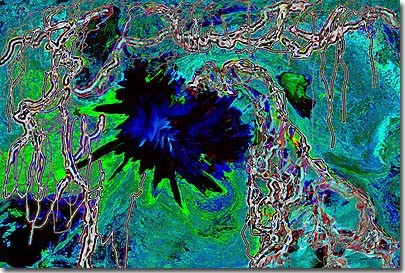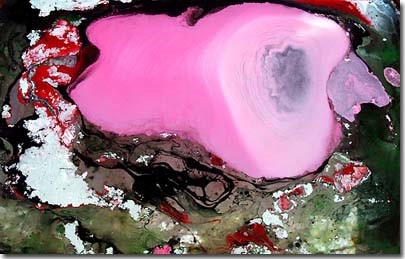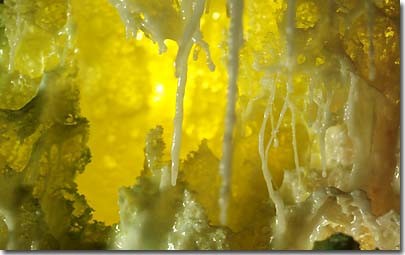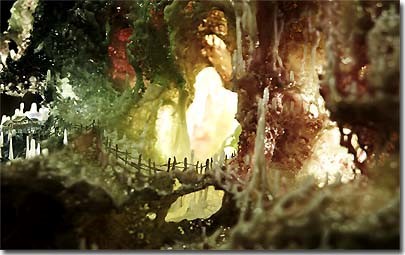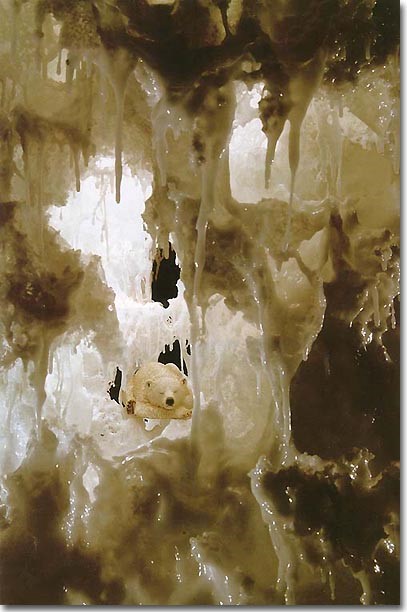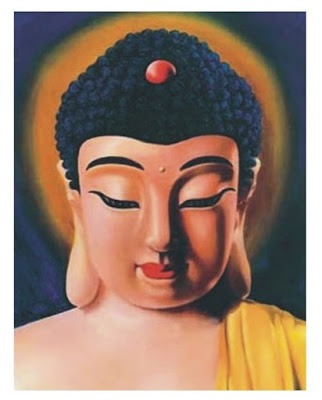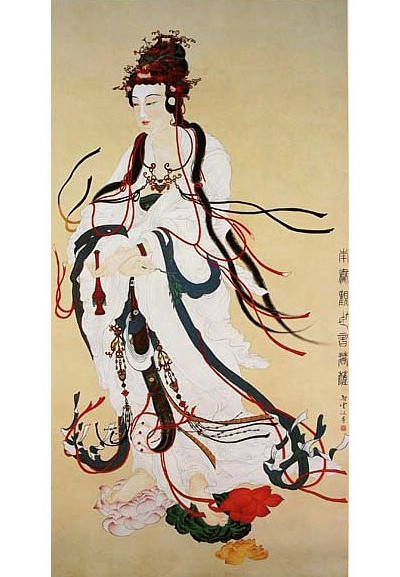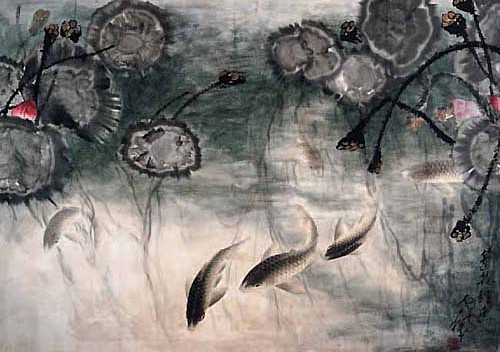Philosophical Sayings About Worldly Matters 36-40
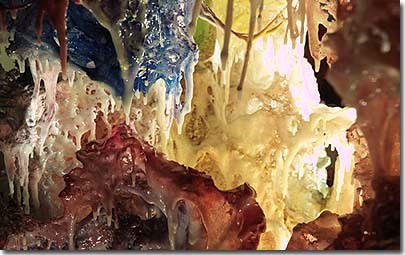
H.H. Dorje Chang Buddha III Wan Ko Yeshe Norbu’s Selected Philosophical Sayings About Worldly Matters (This is a translation of H.H. Dorje Chang Buddha III Wan Ko Yeshe Norbu’s philosophical sayings about worldly matters originally written in Chinese.) XXXVI. Moral excellence is the total addition of small good deeds. Great roads are built when grains of sand are put together. To a person aspiring to become virtuous, nothing that helps is too trivial to claim his attention. XXXVII. Excessive pride in one’s own merits is self-defeating, for it is distasteful and leaves the person friendless. XXXVIII. Correct faith is the foundation of success. The way to achieve success is to maintain true faith and translate it into action. A person’s success is derived from the faith inside him. XXXIX. A mean, inept person will become envious at other people’s success. He will say scandalous things about them in an at...

